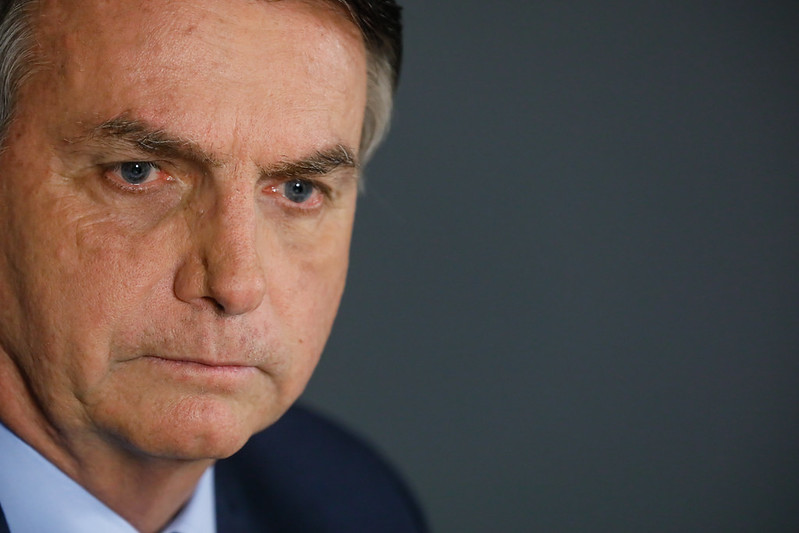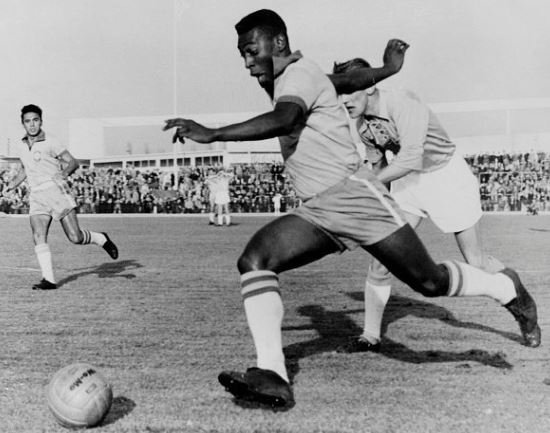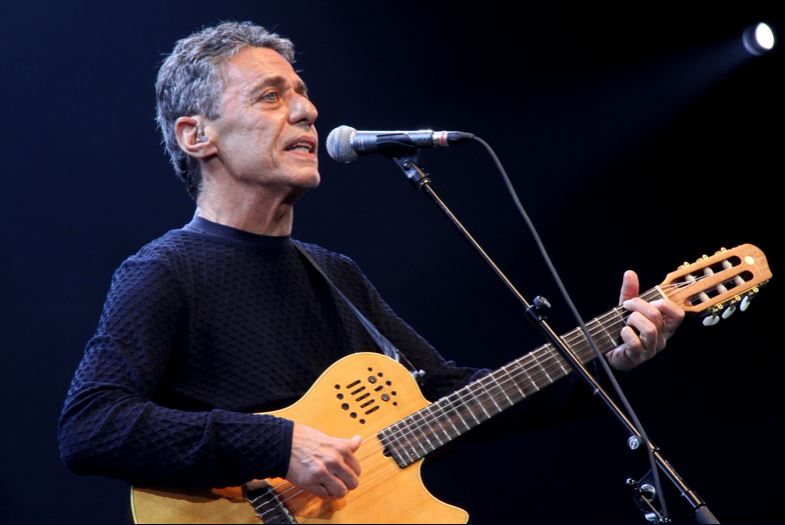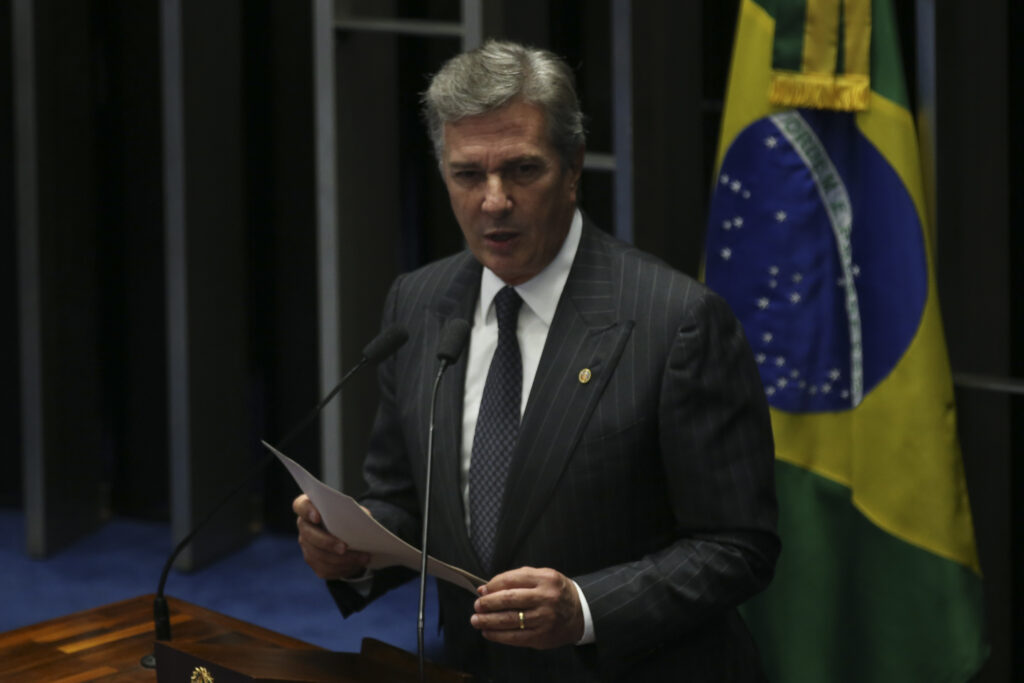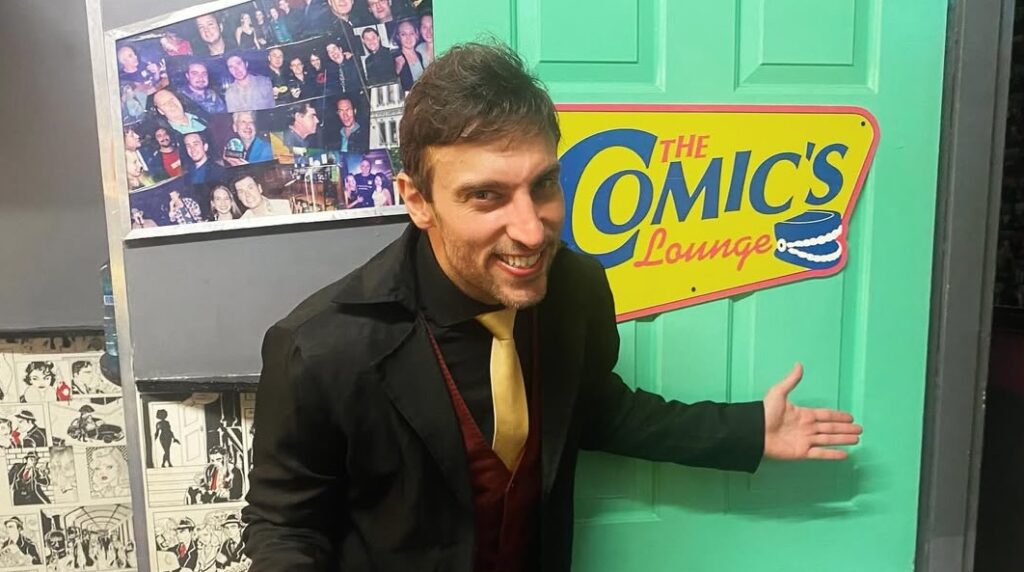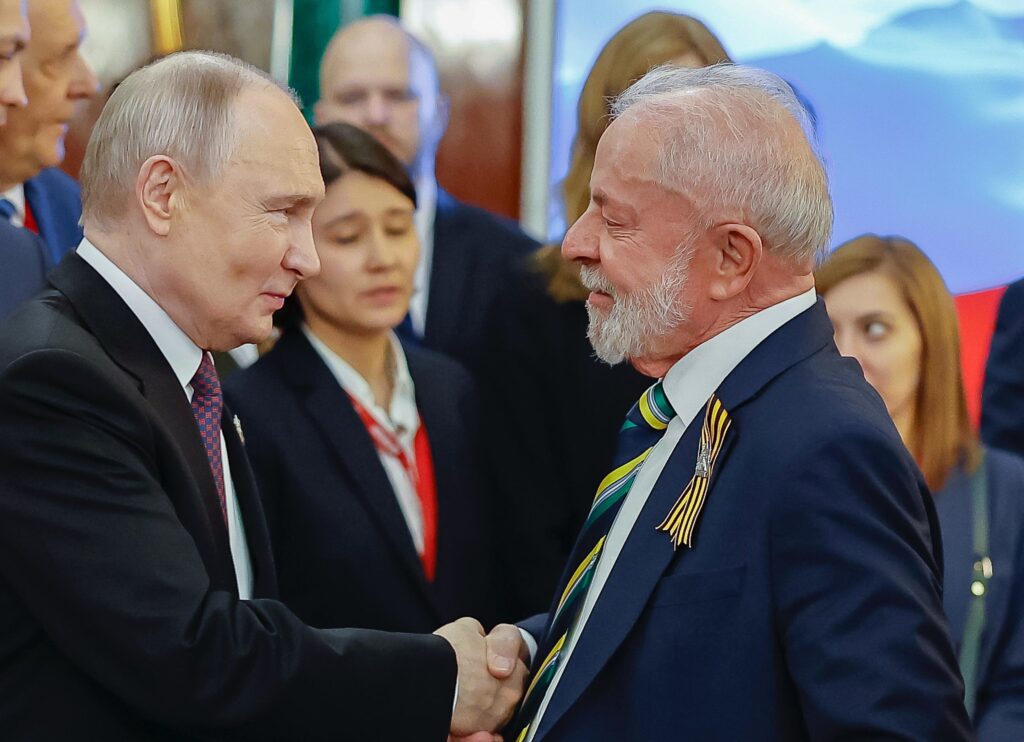“Lula, guerreiro, do povo brasileiro!” shout his loyal supporters, a chant that translates to “Lula, the warrior of the Brazilian people!”
Throughout his two terms of presidency, this is exactly what Lula intended to be.
Luiz Inacio ‘Lula’ da Silva was born on a farm in the northeastern Brazilian state of Pernambuco on 27th October 1945 to illiterate parents. He himself was also illiterate until the age of 10.
He grafted his way to the top from a young age, beginning his professional career as a shoe shiner and losing a finger working in a metal factory at the age of 14. It was through his work in warehouses and factories that Lula became involved with trade unions, eventually becoming one of their presidents in his early 30s.
His left-leaning views that developed throughout the course of his early career in the trade unions saw him involved with some of the strikes that resisted the military dictatorship in the 1970s.
In 1980, he became one of the founding members of the progressive Brazilian Workers’ Party (PT), the party that “most promoted social upward mobility in the history of our country,” claimed Lula in an interview with Al Jazeera.
He ran for President a total of three times with no success, once in 1989, 1994 and 1998. Eventually, in 2002, he became Brazil’s first President to have never attended university.
Throughout his two presidential terms, he worked hard on social programmes such as the Bolsa Familia and made improvements to the country’s Federal Police system. He campaigned for the poorer sectors of Brazilian society, transforming the country’s middle class in unprecedented ways.
Under President Lula, Brazil’s economy became the seventh largest in the world, allowing the country to make its mark on a global scale and establish itself within South America. His popularity as President was remarkable, labelled “the world’s most popular President” by former US President Barack Obama and “the most influential” by TIME magazine.
Leaving his presidency with a popularity rating of 80%, the politician was blissfully unaware of the challenges that lay ahead.
Despite facing allegations of corruption whilst serving as President, it wasn’t until his PT successor Dilma Rousseff took office that the corruption scandal involving members of his own political party, along with state oil firm Petrobras, fully unravelled.
Operation Lava Jato, as it has been labelled, has become the largest corruption scandal in the country’s history. It turned out to not only to be the demise of his colleague and friend Rousseff but, more recently, his own too.
Ex-President Rousseff was impeached in 2016, following a long and drawn-out trial after being accused of ‘fiscal meddling’ involving illegal manipulation of government accounts.
This year, whilst campaigning for a third presidential term where he was the most popular candidate, Lula himself was accused of corruption and money-laundering linked to operation Lava Jato. Much to the outrage of his supporters, he has recently been sentenced to 10 years in prison for the charges and is currently protesting the Court’s decision.



